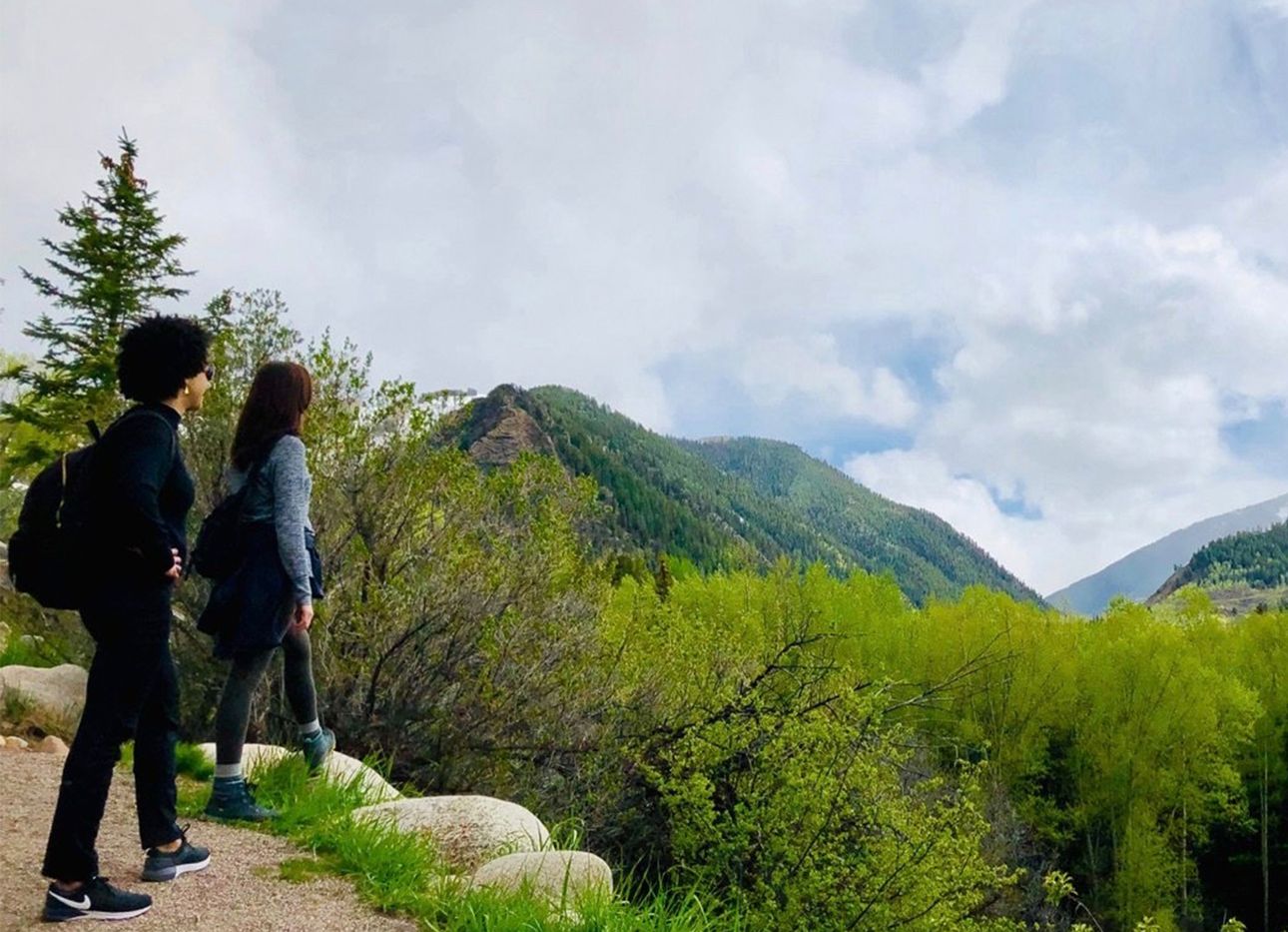
These Climate Podcasts Focus on Stories, Not Statistics
Reporting on the climate crisis is a balancing act, where journalists must convey a sense of urgency without provoking despair—or risk losing audiences entirely. Two podcasts, Hot Take and How to Save a Planet, forgo the subject’s usual doom-and-gloom approach in favor of storytelling, where emotion and calls to action engage listeners in ways that statistics about their carbon footprints never could.
Mary Annaïse Heglar and Amy Westervelt launched Hot Take last year, with the aim of capturing the range of reactions triggered by climate change. “Hope doesn’t cut it for everyone,” Westervelt says, in a track for the show. “There’s a lot of pain, a lot of anger—” “And spite,” Heglar says, adding that the topic isn’t only for scientists—women, people of color, and residents of the global South have tales to tell, too. Guests include The New Republic’s Kate Aronoff, who talks about the “climate bois club,” and Cherokee reporter Rebecca Nagle, who explains why tribal sovereignty is vital to climate action. Its newsletter extends the episodes with bonus content, keeping subscribers’ wheels turning.
The new, equally compelling How to Save a Planet podcast, hosted by Dr. Ayana Elizabeth Johnson, a marine biologist and co-author of the book All We Can Save: Truth, Courage, and Solutions for the Climate Crisis, and Gimlet Media founder Alex Blumberg, offers another roadmap for facilitating change. At the end of each broadcast, it details specific steps that listeners can take on the subject they’ve just explored, which have included unnatural disasters and the #TeamTrees fundraiser started by YouTuber MrBeast. The optimistic show—its presenters, who refer to listeners as “earthlings,” laugh, joke, and even cry on air—recasts the climate crisis as a conquerable, soul-enhancing challenge. We suggest indulging in both programs, and acting accordingly.